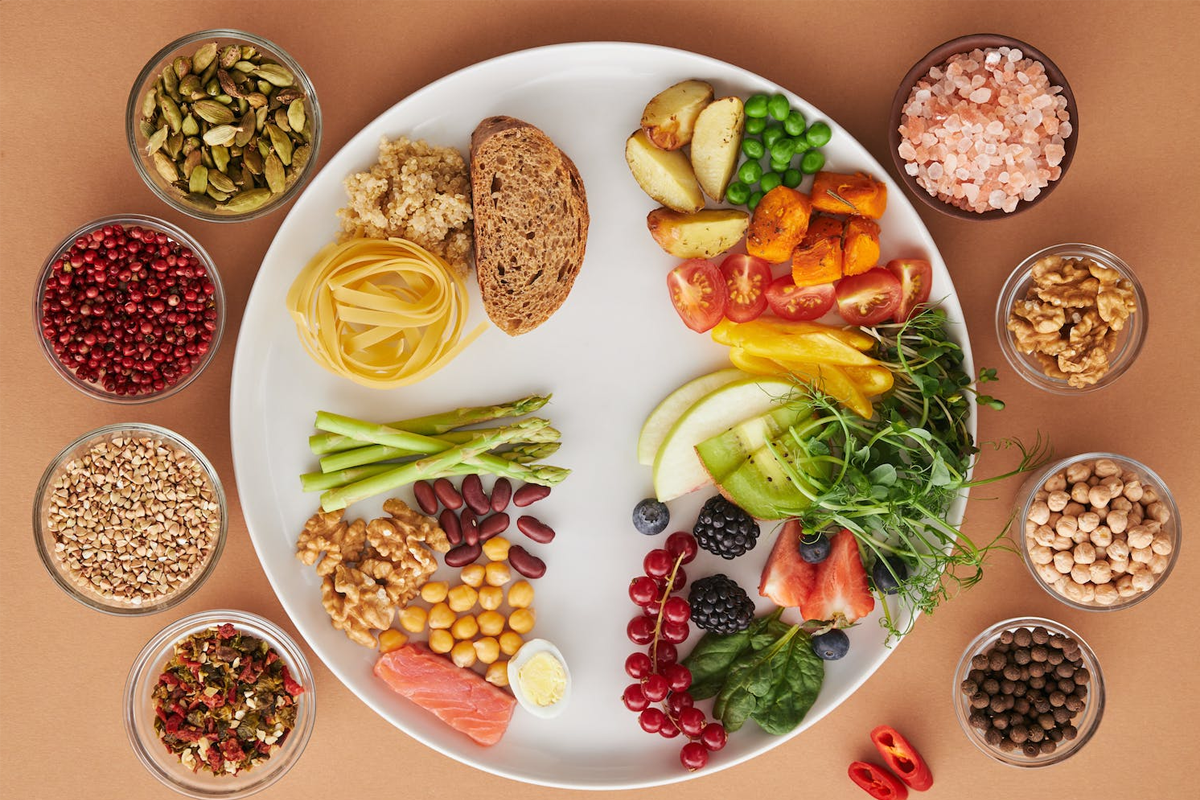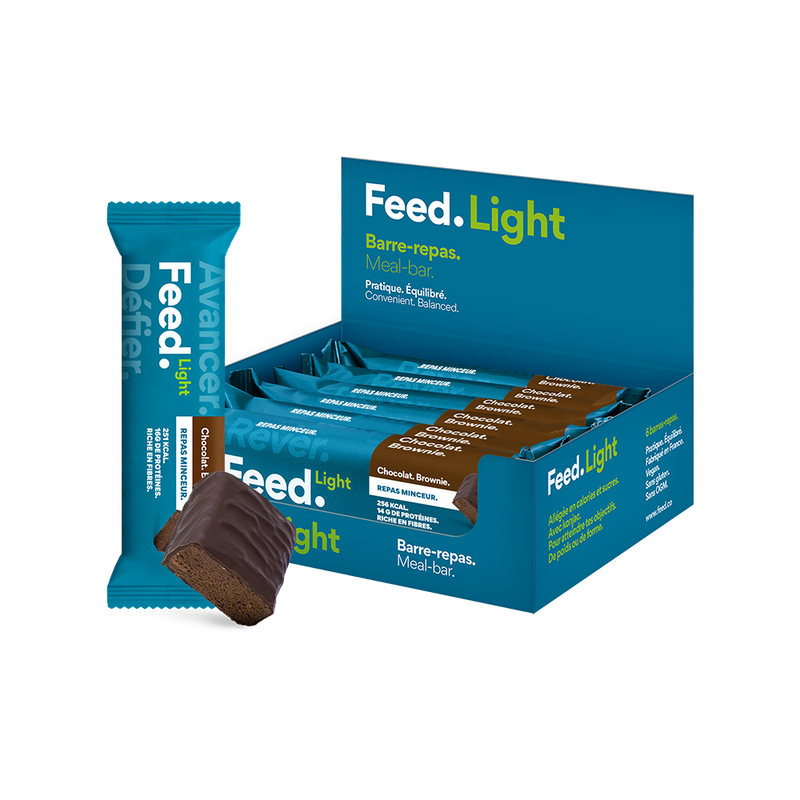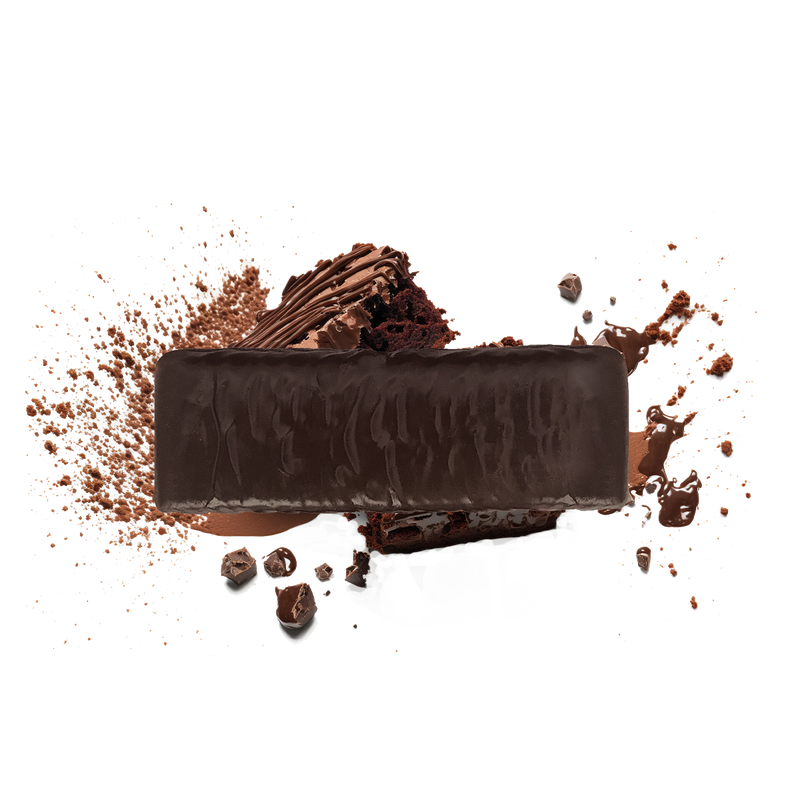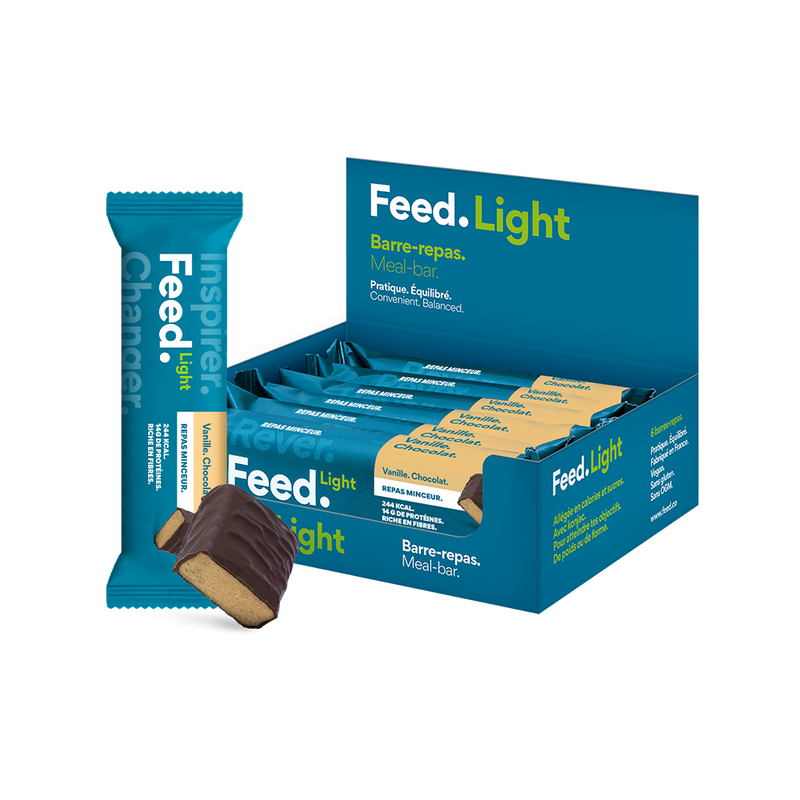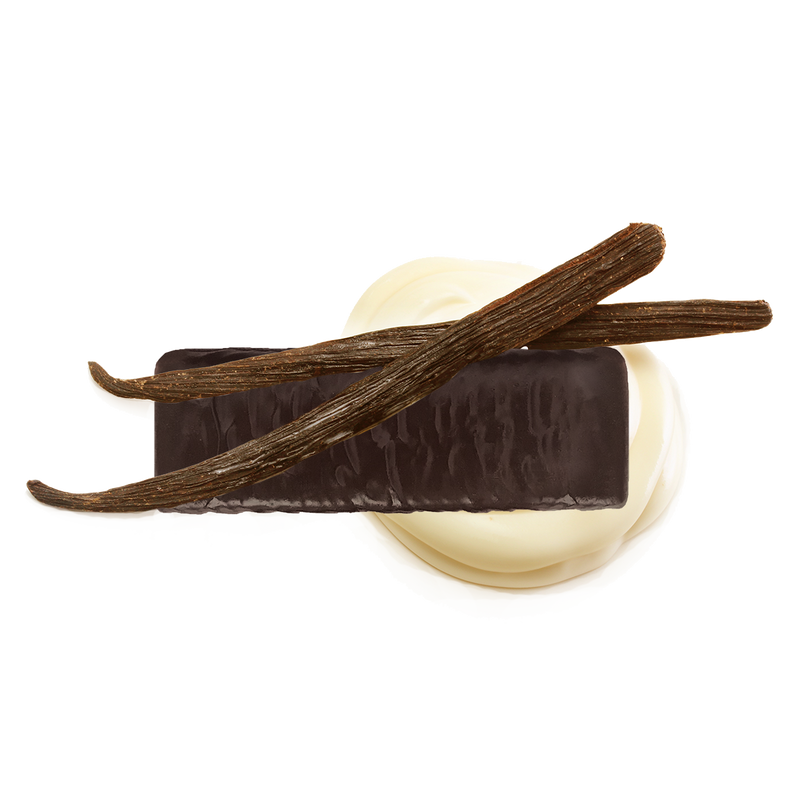In the quest for weight loss, we often wonder which foods to choose to achieve our goals. For years, we have been bombarded with advice on slimming diets, the best slimming foods to lose weight, and tips for losing weight quickly. But what should our diet contain to stay healthy? What are the foods for losing weight that are really beneficial for our health and our weight loss goals? Here is a list of foods to favor and discover real tips for staying healthy.
What is the role of diet in weight loss?
Diet plays a vital role in weight loss. To lose weight effectively and sustainably, it is important to maintain a balance between the calories you consume (via your diet) and the calories you expend (via your basal metabolism and physical activity). To lose weight, you need to consume fewer calories than you burn. This creates a calorie deficit, causing your body to draw on its fat stores for energy. Weight loss is an individual process, and what works for one person may not work for another. It is recommended to consult a healthcare professional or nutritionist before starting a weight loss program for personalized and safe advice.
Protein: the fuel for your slimming diet
Proteins are often presented as effective allies for weight loss in nutrition. And for good reason, they have a satiating effect which can help you control your cravings for snacking. Protein-rich foods also cause the body to burn more calories during digestion. Proteins are also beneficial for our health and for maintaining or developing muscle mass.
Among these sources of protein, we find lean proteins (white meats: chicken, turkey), fatty proteins (red meats, pork, game, etc.), dairy products (cottage cheese, skyr, etc.), eggs, legumes, fish and seafood. They can be intelligently integrated into our diet to provide variety and satiety.
Also discover our meal bars rich in protein , low in calories and balanced in nutrients. They are your ally during weight loss!
Vegetables and fruits: The kings of healthy eating and weight loss
Vegetables and fruits are essential for our health. They are rich in vitamins, minerals and fiber, which help with digestion and promote the feeling of fullness. In addition, vegetables are low in calories and have a low caloric density, meaning they provide few calories for a large volume. This allows you to eat in quantity without gaining weight. It is therefore your ideal slimming ally for losing weight.
The trick is to consume them in their natural form, without added sugar or fat, to benefit from all their benefits. Also consider varying the colors in your meals to benefit from a wide range of nutrients.
Fruits and vegetables and number of calories per 100g
|
Fruits |
For 100g |
|
Apricot |
43 calories |
|
Pineapple |
55 calories |
|
Banana |
88 calories |
|
Cranberries |
46 calories |
|
Cherries |
50 calories |
|
Lemon |
35 calories |
|
Quince |
38 calories |
|
Rosehip |
162 calories |
|
Fig |
107 calories |
|
Strawberries |
32 calories |
|
Raspberries |
36 calories |
|
Passion fruit |
97 calories |
|
Ginger |
80 calories |
|
Grenade |
74 calories |
|
Kiwi |
51 calories |
|
Litchi |
66 calories |
|
Mandarin |
50 calories |
|
Mango |
62 calories |
|
Yellow melon |
54 calories |
|
Blackberries |
43 calories |
|
Blueberries |
35 calories |
|
blood orange |
45 calories |
|
Grapefruit |
50 calories |
|
Watermelon |
30 calories |
|
Fishing |
41 calories |
|
Pear |
55 calories |
|
Apple |
52 calories |
|
Plum |
47 calories |
|
Grapes |
70 calories |
|
Rhubarb |
21 calories |
|
Vegetables |
For 100g |
|
Artichoke |
47 calories |
|
Asparagus |
18 calories |
|
Eggplant |
24 calories |
|
Lawyer |
160 calories |
|
Beet |
43 calories |
|
Chard |
19 calories |
|
Broccoli |
35 calories |
|
Carrot |
36 calories |
|
Mushrooms |
22 calories |
|
Chinese cabbage |
13 calories |
|
Cauliflower |
25 calories |
|
Kale |
49 calories |
|
Kohlrabi |
27 calories |
|
Red cabbage |
29 calories |
|
Brussels sprouts |
43 calories |
|
Cucumber |
15 calories |
|
Zucchini |
20 calories |
|
Cress |
19 calories |
|
Spinach |
23 calories |
|
Fennel |
31 calories |
|
Green beans |
25 calories |
|
But |
108 calories |
|
Onion |
40 calories |
|
Sweet potatoes |
76 calories |
|
Peas |
82 calories |
|
Pepper |
40 calories |
|
Leek |
31 calories |
|
Bell pepper |
21 calories |
|
Potato |
86 calories |
|
Pumpkin |
19 calories |
|
Radish |
16 calories |
|
Rocket |
25 calories |
|
Iceberg salad |
14 calories |
Water: an unsuspected ally
Water is a fundamental element of our well-being and health. It is involved in many bodily functions and is necessary for the proper hydration of our body. Additionally, it may play a role in weight loss.
In fact, drinking a glass of water before meals can help reduce hunger and therefore eat less. In addition, our body sometimes has difficulty differentiating thirst from hunger. Drinking water regularly throughout the day can help prevent cravings and thus help you lose weight easily. It is recommended to drink at least 1.5 liters of water per day. To vary the pleasures you can drink coffee and green tea without added sugar, they will help you lose weight, these are foods called “fat burners” because they promote fat burning.
Dietary fiber for satiety
Dietary fiber is a nutrient that our body cannot digest. They therefore pass through our system without being absorbed, which contributes to giving us a feeling of satiety. In addition, they promote intestinal transit and the regulation of blood sugar.
Fiber is found in many foods, such as fruits and vegetables, whole grains, legumes and nuts. Incorporating these foods into your daily diet can help you feel full longer and reduce your calorie intake. Fibers are therefore an essential slimming ally for losing weight.
Our slimming and cure meals are rich in fiber and balanced in nutrients, they have been specially developed for weight loss.
Foods rich in good fats: to include for a balanced diet
It is essential to understand that not all fats are harmful to your health or your weight loss goals. In fact, your body needs certain fats to function properly. Monounsaturated and polyunsaturated fats, known as "good fats" and "essential fatty acids," can actually help lower cholesterol levels and provide essential nutrients to your body.
Foods high in good fats include olive oil, avocados, nuts, and oily fish like salmon and mackerel. Olive oil, for example, can be used for cooking or to season salads. It contains antioxidants that are beneficial for our health and help maintain a feeling of satiety over time.
Avocados, in addition to being an excellent source of good fats, are also rich in fiber, making them perfect for dietary rebalancing.
It is recommended to consume these foods in moderate quantities, because although they contain good fats, they are also high in calories.
Also discover the Super nuts. a nut bar rich in Omega3. A healthy snack with no added sugar.
Whole grains, seeds and legumes: the winning trio for a flat stomach
Foods rich in fiber, such as whole grains (whole grain bread, whole grain pasta, etc.), seeds (flax seeds, chia seeds) and legumes, are excellent for weight loss and to provide the energy your body needs. body needs. Fiber slows digestion and increases feelings of fullness, which can help control your appetite and reduce your overall calorie intake.
Oatmeal, for example, is a food that is not only high in fiber, but also contains protein.
Legumes, like lentils, chickpeas and beans, are also high in fiber and high in protein. They are very versatile and can be used in a variety of dishes, from salads to soups to stews.
Combined with regular physical activity, incorporating whole grains and legumes into your diet can help you lose belly fat and maintain your weight loss in the long term.
Foods to Avoid When Dieting
While certain foods can help with weight loss, others can prevent you from losing weight. Foods high in sugars and saturated fats should be avoided. They provide a lot of calories but few nutrients, and tend to promote weight gain.
Likewise, sugary drinks, such as sodas or industrial fruit juices, are very high in calories and can contribute to increased body weight.
Alcohol, in addition to being harmful to your long-term health, contains only empty calories, so alcohol consumption should be avoided as much as possible in your diet if you want to lose weight and maintain good health.
In short, too much is the enemy of good. Avoid excesses as much as possible to stay in shape or lose weight.
A word of advice: pleasure above all
Ultimately, the most important thing in the weight loss process is pleasure. Eating should remain a moment of joy, sharing and satisfaction. Choosing foods that you enjoy, that are good for your health, and that help you achieve your goals is the key to success. Remember that each person is unique, and what works for one may not necessarily work for another. Listen to your body, respect your desires and find your own balance.
In summary. Finding the Balance for a Successful Diet
Opting for a healthy and balanced diet allows you to lose weight and maintain your ideal weight. It is also essential for staying healthy and avoiding many diseases. Foods rich in protein, fiber and good fats, combined with vegetables and fruits, are foods to favor to help you lose weight and lose weight. However, it is essential to remember that moderation is key and too much is never good. Even a healthy food can prevent you from losing weight if consumed in excess.
Rebalancing your diet with the aim of losing weight is not just a question of which foods to eat or avoid. It's about finding a balance between eating healthy and enjoying your meals. Healthy eating is a way of life, not a temporary slimming diet. Losing weight can take a long time, you have to be patient and persistent. To optimize your weight loss, it is important to do regular exercise alongside your slimming diet. Exercising is effective for burning fat and calories, creating a larger calorie deficit and preventing fat storage.
Eating to lose weight is not only a question of which foods to choose, but also a question of pleasure and well-being.
If you are a beginner or need help losing weight or rebalancing your diet, talk to a nutrition and health professional.
